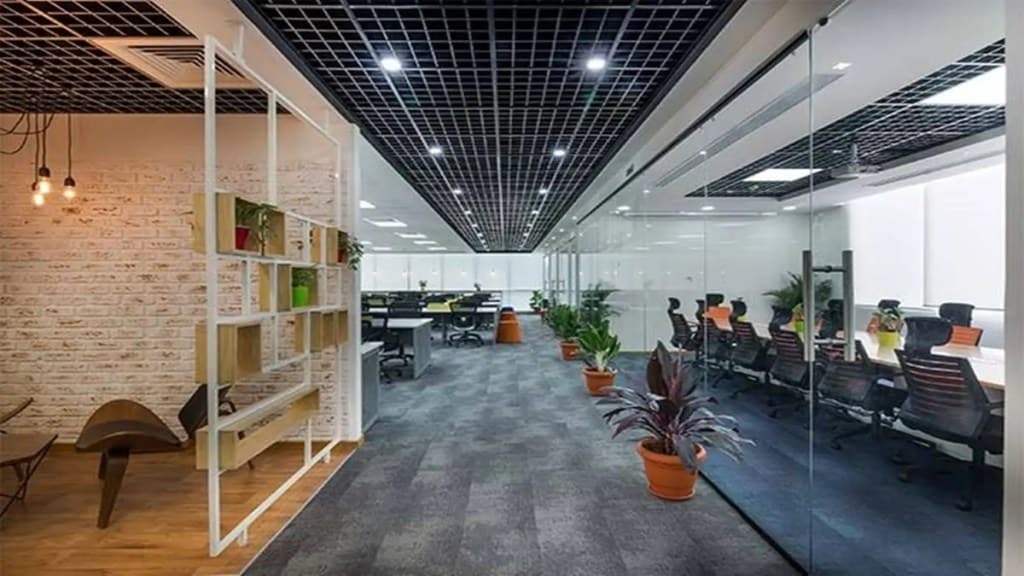The flexible office segment in India is poised for significant growth in 2023, with estimates pointing towards a growth of 10-12%, according to a report by Colliers.
The adoption of hybrid work models, combining remote work and physical office presence, has propelled the demand for flex spaces. This trend has resulted in increased activity in peripheral locations and non-metro cities, where companies are establishing multiple satellite offices, the report said.
In 2019, the sector grew 5-8%. The demand has mostly picked pace after the Covid pandemic.
Further, flex office spaces also result in cost savings for companies, improved efficiency, and overall employee experience.
Non-metro cities like Ahmedabad, Coimbatore, Indore, Jaipur, Kochi, and Lucknow are witnessing heightened demand for flex spaces, particularly from technology, consulting, and e-commerce companies.
“Flex spaces have emerged as a core strategy for occupiers to adopt a decentralised workspace model, serving as a promising alternative to the traditional paradigm. As compared to shorter lease tenures of 1-2 years pre-pandemic, occupiers are now going for longer commitments of 3-5 years with flex space operators as they look to integrate flex space as a long-term solution,” said Peush Jain, managing director of Office Services at Colliers in India.
“The demand for flex spaces in 2022 reached new heights, with flex space operators leasing 7 million square feet across the top six cities in India. This marked a significant 46% year-on-year increase, primarily driven by prominent IT hubs like Bengaluru and Pune,” Jain said.
Technology companies or occupiers are currently driving the demand for flex spaces across major cities such as Chennai, Delhi-NCR, Pune, and Hyderabad, occupying over 50% of the total flex space in these locations, according to the report.
Additionally, sectors like Engineering & Manufacturing and BFSI (Banking, Financial Services, and Insurance) are actively embracing the hybrid working model through flex spaces. In cities like Mumbai and Bengaluru, the demand from BFSI and Engineering occupiers is nearly equal to that of technology occupiers.
The strong demand from the technology sector is expected to continue for the next two years due to a robust recovery and ambitious hiring plans focused on cost optimization, the report said.
In the January-March quarter, the flex space penetration in India stood at 6.5%. Occupiers are rapidly adopting hybrid and decentralized work strategies, aiming to create modern workspaces that are cost-effective. In comparison, other markets in the Asia-Pacific region have experienced relatively slower growth, with flex space penetration ranging from 2-4%.

